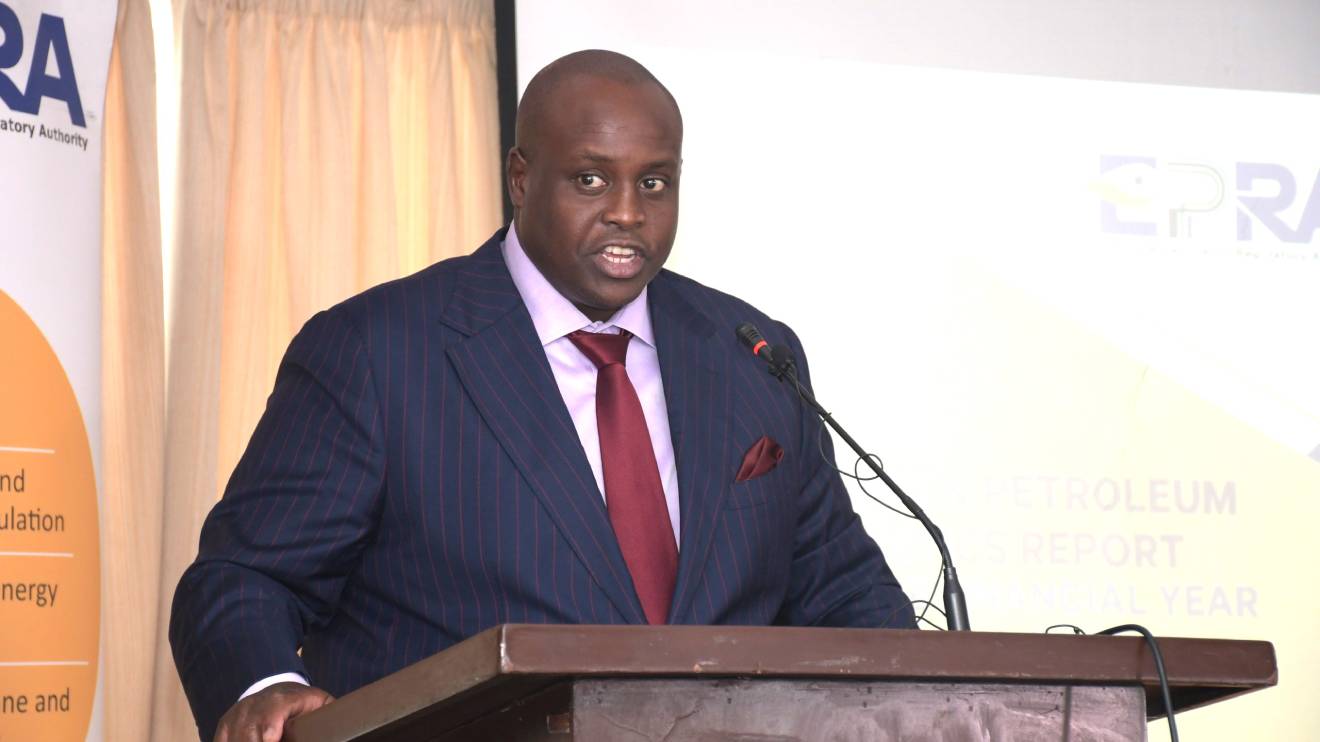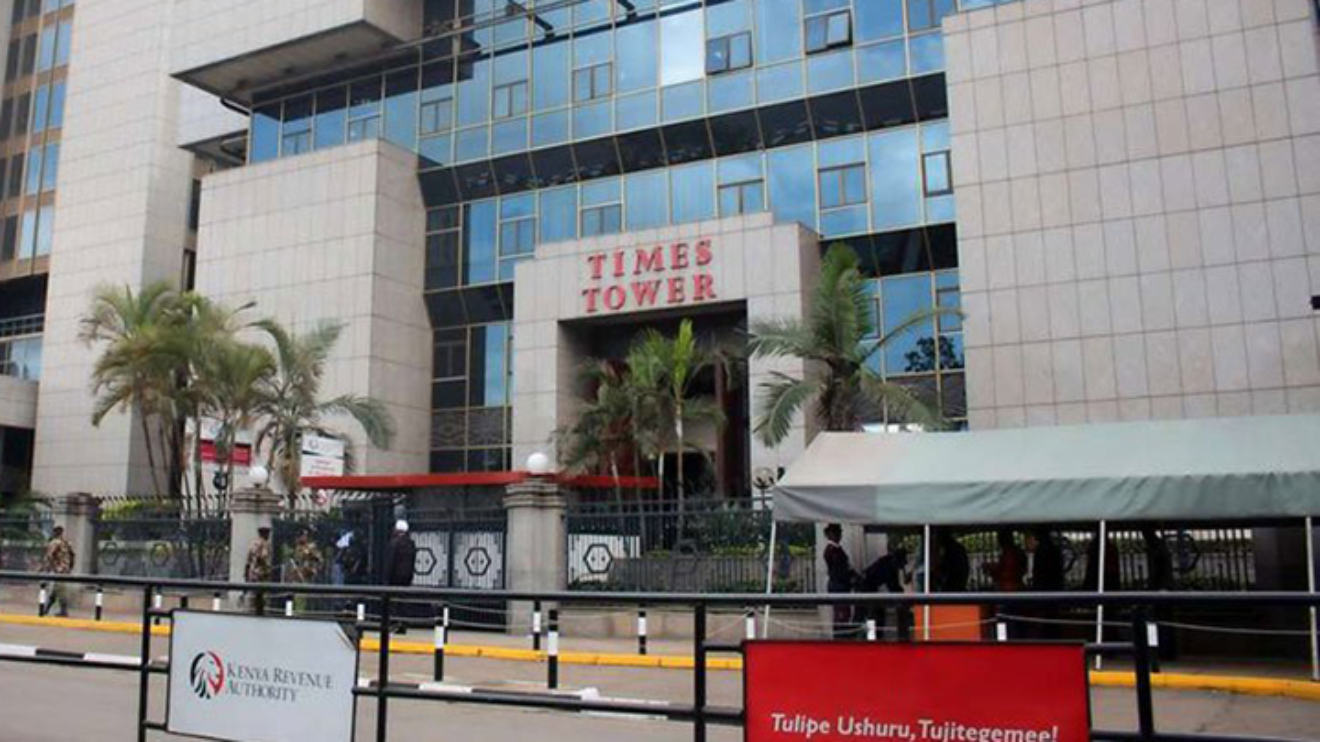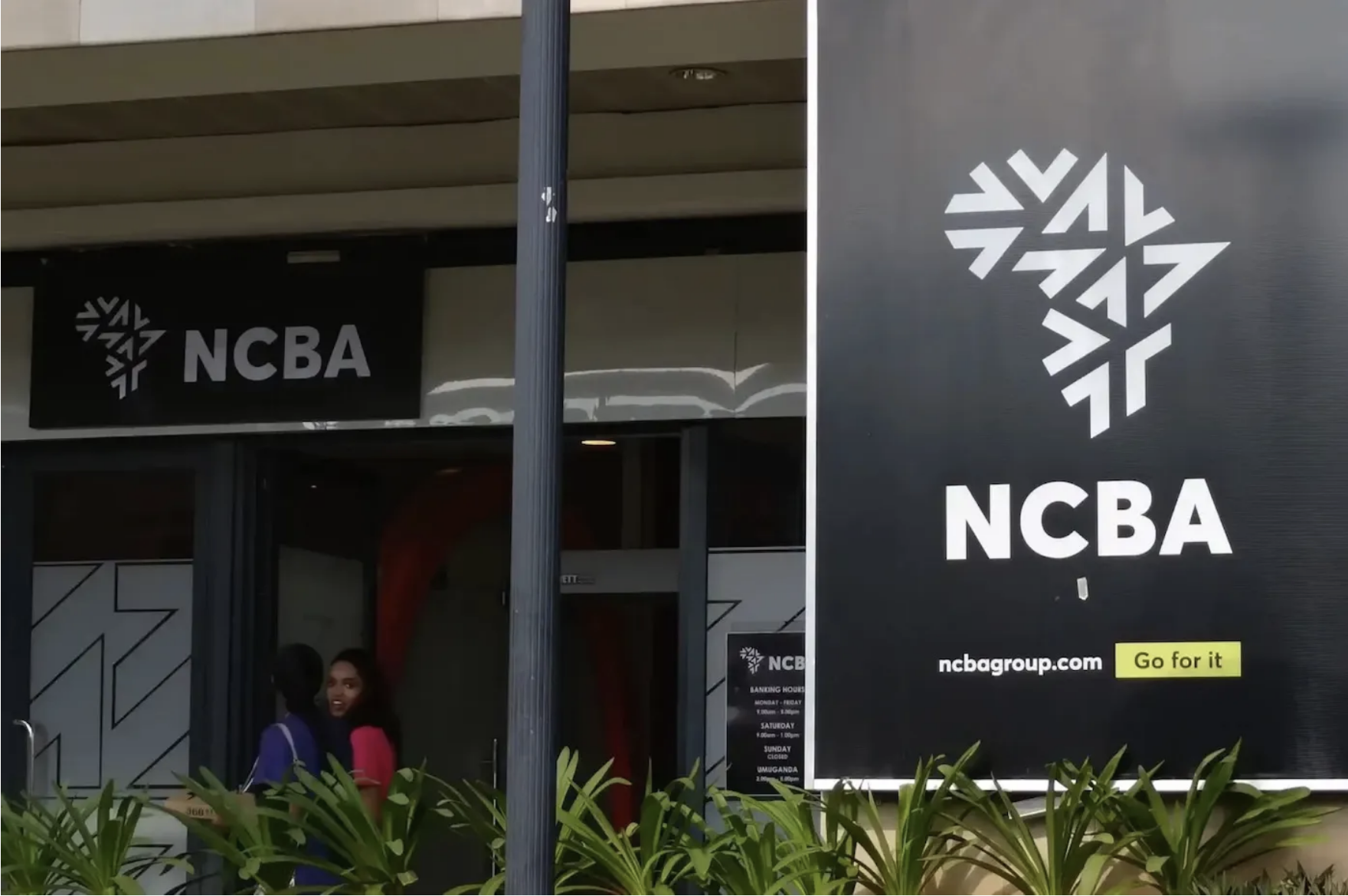A new directive from Kenya’s energy regulator has put traders on notice: anyone producing, importing or selling certain energy-intensive appliances without government approval now faces fines running into the millions.
The Energy and Petroleum Regulatory Authority (EPRA) has formalised regulations requiring mandatory registration of items like computers and refrigerators, with non-compliance attracting a penalty of up to Sh1 million. The law was gazetted on Friday.
Also included under the new framework are non-ducted air conditioners, computer monitors, three-phase induction motors and general service lamps.
For these, registration is no longer optional, it's a legal requirement.
To begin the process, manufacturers or importers must first present a model sample for assessment at an EPRA-accredited lab.
Read More
Products that pass the test will be issued a certificate and a test report.
Those who fail will still receive a test report but will not qualify for registration.
Only after testing can registration be sought. Applications, whether filed online or in person, must include evidence of fee payment.
“The application for registration shall be accompanied by proof of payment of the registration fees specified. The Authority shall, within 30 days, approve or reject the application,” EPRA explained.
Once registered, businesses must continue to submit yearly reports listing every unit produced or imported under the registered category. If they fail to comply, a Sh1 million fine awaits.
But the penalties do not end there. Selling or circulating unregistered goods could lead to a fine of Sh10,000.
Intentionally submitting false information, however, is treated more harshly, attracting a fine of not less than Sh1 million.
EPRA has also reserved the right to pull registration certificates from those found violating these terms.
“The Authority may suspend or revoke a registration certificate issued under these regulations where it is satisfied that a person has breached the provisions of these regulations,” the government announced.
Still, anyone facing suspension or revocation will be granted time to respond.
“The Authority shall give a notice of not less than 30 days before suspending or revoking a registration certificate, in writing, to afford the person an opportunity to show cause,” it added.
This regulatory shift signals a firmer approach by authorities towards energy conservation, with the government aiming to control inefficient appliances at the source, whether on the production line or at the point of entry.



-1748695423.jpeg)


